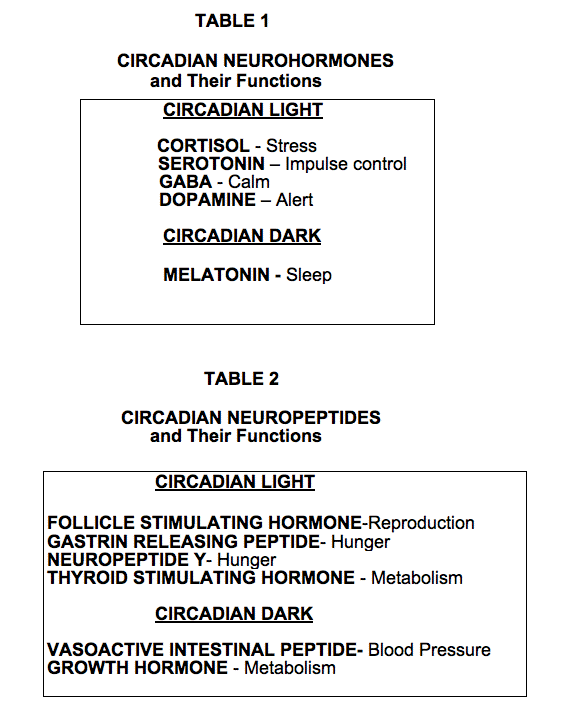So I have fallen in love with Literati Cafe this weekend with gross amount of work done especially with Winter Quarter finals around the corner. Nothing more magical than falling into deep concentration mode even in the midst of rowdiness. As I left at 8:30pm, I realized that not only was I not hungry, I was also not tired. After reading about Circadian Rhythm on WebMD.com, I realized that I fell into the category of Non-24 Hour Sleep-Wake Disorder - Sleep a normal pattern but life a 25 hour day...I wish! Simply said, I don't fall asleep or wake up the same time every day. The life of a grad student. The perks! ;)
As I strolled back to my car, I wondered...
Would I be hungrier or would I have been less focused if Literati actually turned on the lights where I sat?
During the time I was there, I worked through the transition from sun up to sun down. There is an adaptation that transferred from the light through the window to light from my screen and keyboard. How was my circadian rhythm affected?
Located in the Suprachiasmatic Nucleus (SCN), it regulates our biological functions and activities on a 24-hour basis. More importantly, it determines your sleeping patterns. Those who have structured schedule, even if it's chaotic, can release hormones, change brain waves and regenerate cells on a more consistent basis. In return, this consistency can illicit hunger signals, sleepiness and tissue regeneration in a more predictive manner (internally). A part of me believes that the human body is like a Type-A personality. It loves structure, consistency and control. Lack of it, sends it into a frenzy. This is also why dietitians suggest proper sleeping patterns and consistent meal times for individuals trying to lose weight.
Sources:
http://www.ncbi.nlm.nih.gov/pubmed/12781167
http://www.ncbi.nlm.nih.gov/pubmed/8220654
http://www.webmd.com/sleep-disorders/guide/circadian-rhythm-disorders-cause
Studies have been done on individuals who are shift workers. For these individuals, their "lunch breaks" may be at 4pm and their "dinner breaks" at 9pm. Their work schedule is rarely the same every day. Just like a grad student. Circadian rhythm are certainly inconsistent. These workers recorded meal patterns and records for analysis. While the total calories consumed were relatively the same in these individuals working early shift, middle-of-the day shifts and late shifts, there was significant changes in nutrient intake and food selections (starches and sweets). In other studies, savory and sweet items were craved in different patterns throughout the day. Circadian rhythm as related to the activities throughout the day affects our appetite.
So...with that information at hand, I also have to take into account my confounders: I ran 8 miles that may have suppressed my appetite with no opportunity to eat until 3pm. For the last 7 days, my schedule didn't allow me to consistently have breakfast, lunch and dinner in regular, intuitive meal times (ex: 7a, 12p, 6p). So not only was my rhythm messed up, sitting at my lovely Literati further threw me into a loop. Sitting in the dark, not knowing the time and having a late "lunch", I did not recognize when dinner time was and the darkness around me helped me focus only on my computer screen and nothing else. Studies have also indicated to limit screen time before sleeping since light from screens (TV and computer) can affect your sleep patterns and your "awakeness". What's worse, while I sat in a cafe, no one around me had dinner either. Conversely, on Saturday, a hungry gentleman decided to cut into a steak underneath bright lights. I was certainly craving dinner on Saturday. The smell of the food and the consciousness of time signaled my system that it was time to eat...even though I didn't eat "lunch" until 5pm that day.
 |
| http://www.photobiology.info/Roberts-CR.html |
So for Literati and other amazing coffee shops I have yet to discover in LA, would their food sales increase if they had clocks to indicate time of day and bright lights to indicate that we are still in "day" mode? Metabolism would also be stimulated through thyroid stimulating hormone (TSH) which would rev up our digestion rate, hence increase hunger. So may be the late night munchies after a long night of studying was not really because we worked harder but our metabolism continued to work at a high rate. Any thoughts?
No comments:
Post a Comment